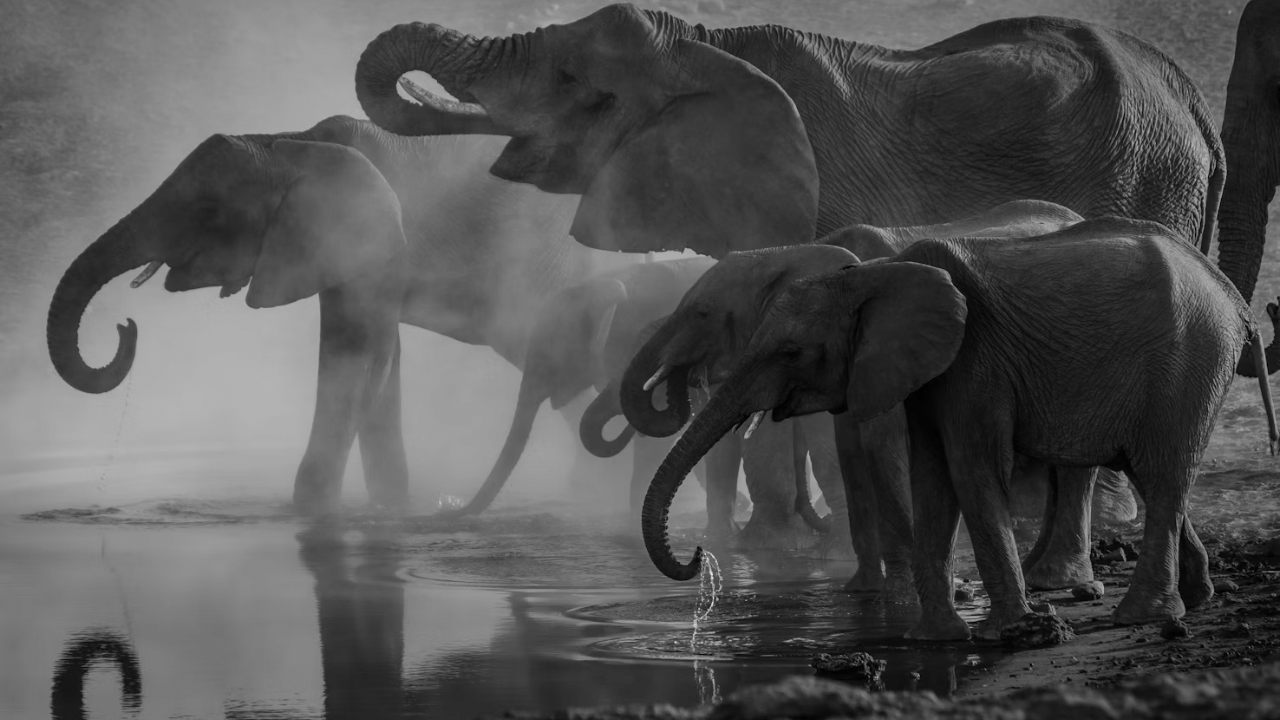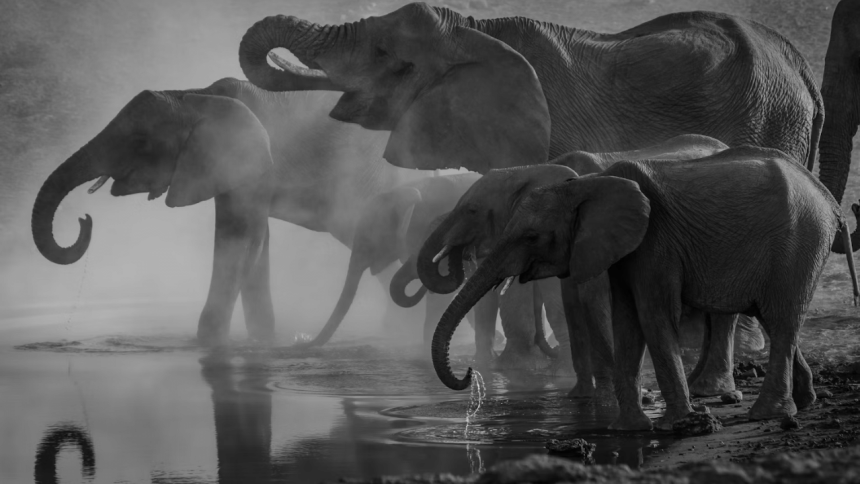
New Delhi: A new genomic analysis has identified five genetically diverse groups of Asian elephants in India, painting a picture of their long evolutionary history up to 70,000 years ago. A study conducted by the researchers from the National Centre for Biological Sciences (NCBS) and the Indian Institute of Sciences (IISc) brings out the fact that these populations share deep-rooted regional diversity and movements. This work will serve to enhance conservationism, especially in areas of population assessment and conflict solitaire in conflict-prone areas.
The elephant populations of India are located in South and Southeast Asia with about 60% of the Asian elephants. A new study of the whole-genome sequencing of blood samples from wild-captive elephants in different regions of India has revealed five distinct populations of elephants in India, one in the north and central and three in the south. These findings support other research that indicated there are only three to four populations, and the new data reassigns the north/northeastern groups as one.
The study also looks at natural geographical features that may affect the dispersal of elephants in this region. Although the Palghat Gap has long been considered a geographical barrier to split species, the Shencottah Gap is now included as another barrier in southern India. This has resulted in small, genetically differentiated populations to the south of these gaps, especially the Shencottah Gap, which has a low gene pool and therefore may be more susceptible to environmental pressures.
The Serial Founder Effect and the Ancient Divergence
The study revealed that elephants in India started diverging and moving at least tens of thousands of years ago. More specifically, while the population to the north of the Palghat Gap split from northeastern populations approximately 70,000 years ago, subsequent splits saw the elephants travelling and colonising new areas. This “serial founder effect,” characterised by low gene flow and the formation of smaller groups, has resulted in lower genetic variation in southern populations and, consequently, susceptibility to inbreeding.
Conservation and Conflict Management Uses
The study offers important information as to how conservation approaches can be enhanced. With a genetic map in hand, researchers can follow the routes that elephants take, understand the condition of their population, and identify the differences between them, which is vital for conservationists to determine which minor population deserves protection most of all. Aritra Kshettry, a conservation ecologist with WWF-India, explains that genomics has the capability to be used in population estimation, poaching control, and individual recognition. Furthermore, the study might reveal more information on management of human-elephant conflict since diffusion information on migration could be useful in conflict prevention.
Lead researchers believe that other genomic studies will keep on revealing the evolutionary history of Indian wildlife and hence aid in solving the problems of wildlife conservation and management of human-wildlife conflict.










